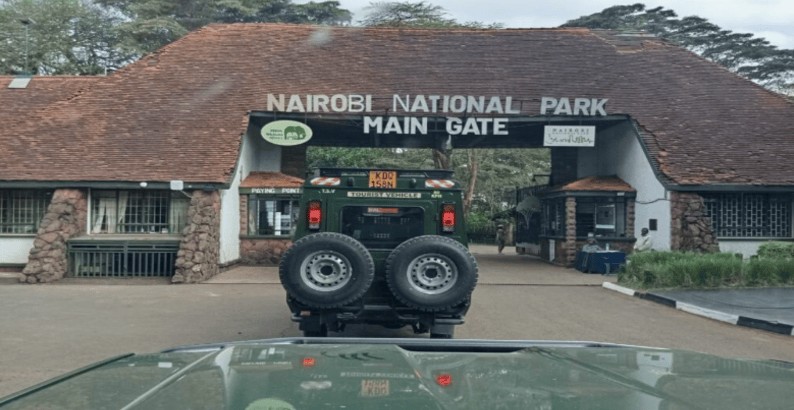Uproar over hippo invasion in Kilifi, Lamu farms

Lamu County KWS Senior Warden Mathias Mwavita emphasised the State's commitment to mitigating human-wildlife conflicts in the area.
Residents living near the Sabaki River in Kilifi County have raised concerns over hippo invasion in their farms.
The residents say they live in constant fear of hippo attacks. The animals have been invading their fields and destroying crops and they have since urged the Kenya Wildlife Service (KWS) to intervene.
More To Read
- Ethiopian militias occupy fertile Sudan land as war shifts army focus
- Senators want 42 levies imposed on tea sector scrapped, say they are hurting farmers
- From despair to renewal: Kwale farmers restore degraded land through tree regeneration
- Kagwe calls for overhaul of agriculture funding, criticises three per cent budget allocation
- Farmers, activists demand full disclosure on pesticides ban amid health and legal fears
- Government leases four state-owned sugar mills to private firms for 30 years
Nelly Kazungu, a farmer, said the hippo invasion had wreaked havoc and the farmers are now staring at poverty.
“The residents, especially young people, living near the river banks of Sabaki River should be cautious of the movement of these animals. The lack of a protective fence exposes us to a potential danger," she said.
Some farmers have opted to arm themselves with swords and arrows when working in the fields.
“We are forced to guard our farms day and night and this poses a threat to our lives,” Martin Katana, another farmer said.
Children at threat
Katana said the residents are also compelled to protect their school-going children, who may fall victim to these attacks.
Residents of Koreni and Mkunumbi residents in the Lamu West constituency have also raised their fears over the attacks.
They are said to be loitering around the Mkunumbi and Koreni dams, causing panic among the locals.
In Bar'goni, Bobo, Roka-Kibiboni, and Mokowe villages of Hindi, a similar concern has been raised. Some hippos are reportedly getting stuck in Lake Chomo mud, adjacent to these villages.
They have urged the KWS to manage hippos and other wild animals within their communities.
This plea for intervention follows the government's implementation of strategies to compensate those injured by wild animals.
Lamu County KWS Senior Warden Mathias Mwavita emphasised the State's commitment to mitigating human-wildlife conflicts in the area.
He cautioned against confronting wild animals, particularly during drought conditions when instances of stray wildlife in human habitats become more frequent.
Other Topics To Read
“We are working to reduce human-wildlife conflicts in the region. KWS rangers are on the ground to react to any emergencies,” he said.
Top Stories Today














































